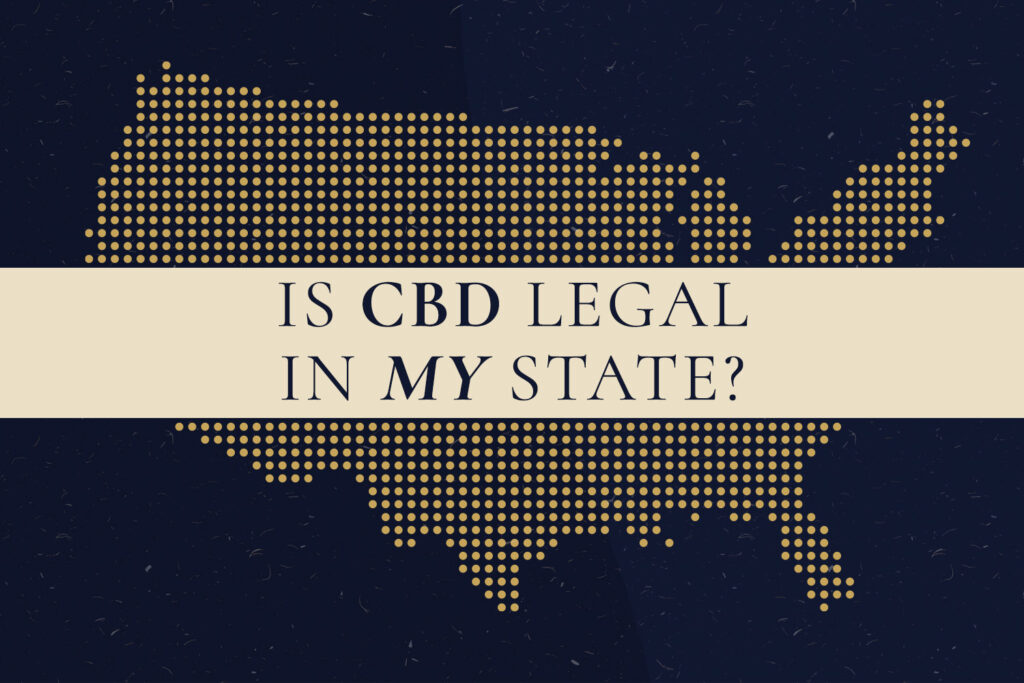Technically, yes. Because the 2018 Farm Bill legalized hemp in the United States, CBD (cannabidiol)–a compound found in the hemp plant–is legal in every state. However, both the USDA and the FDA (the agencies tasked with regulating hemp farming and hemp products) are yet to release final rules that make it clear how hemp and CBD companies should be operating now that hemp is a legal agricultural commodity.
Each state, in the meantime, is left to regulate the plant and products itself, having to consider the health of a new industry while simultaneously taking their best guesses at what the final federal rules will look like. The result: in some states it seems like a free-for-all (like Oregon), while in others it is highly restricted (like Idaho).
In Idaho there is a zero tolerance policy on any amount of THC coming into the state, despite the fact that federal law defines hemp as “the plant Cannabis sativa L. . . . with a [THC] concentration of not more than 0.3 percent on a dry weight basis.” This doesn’t really make any sense in actual application because there aren’t really any cannabis plants (hemp or otherwise) that produce no amount of THC when grown to full maturity. Nor does a 0% THC lab result on a CBD product guarantee a passing grade when it comes to a drug test that measures THC metabolites in nanograms per milliliter of blood . . . which is to say those tests are very precise and can detect minute amounts of THC that don’t show up on a hemp potency test. This could be problematic in 0% THC state like Idaho.
Idaho’s next door neighbor, Oregon, has quite a contrast in hemp regulations. Their current rules on total THC allowed in hemp or CBD products is technically 0.35% before any action is considered. Regulators and lawmakers there allow for a healthy industry and know one half of one percentage point of THC content does not compromise consumer safety, nor does it really tread on federal legalities due to the large percentage range of error in tests. This is easily argued when the science of lab testing an agricultural commodity like hemp is examined closely.
There are also other issues arising. In some states there is still debate regarding smokable hemp. Yet in a recent Indiana case, a federal judge ruled that due to the recent federal legalization of hemp it was not within the state’s rights to ban one form of hemp over another. The fact that we are still arguing these issues means it’s important we all stay up to date on our evolving state and local laws while we await federal guidance.
While members of the industry and most consumers know the relative safety of hemp & cannabis, the truth is that, as an industry and as consumers, we need those rules and regulations from the USDA and the FDA on paper so we can clarify the confusion and operate legally.
One great resource we like to use here at Surya CBD is the website, https://www.votehemp.com/, which has a state-by-state database of hemp laws or you can visit https://www.leafly.com/news/cbd/is-cbd-legal-state.
***Since Surya CBD makes Full-Spectrum products, to protect YOUR SAFETY AND FREEDOM, we do not yet ship any of our products to zero-tolerance states like Idaho, South Dakota or Iowa. Sorry for any inconvenience!***

